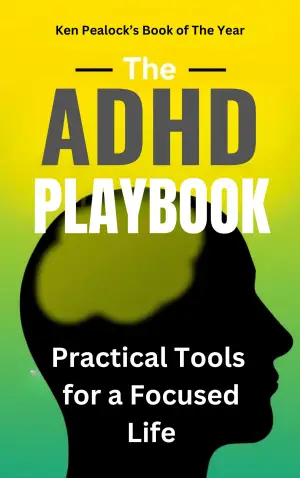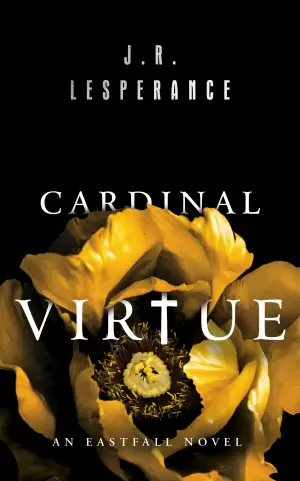Discovering the Depths of "Dune Messiah": A Journey Through Paul’s Burden
Frank Herbert’s Dune is often hailed as one of the great epics of science fiction, a hard act to follow, especially in its sequel, Dune Messiah. When I first picked up this continuation, I was curious about how Herbert would navigate the complex aftermath of Paul Atreides’ rise to power. Little did I know, I would embark on a journey that diverged sharply from the sweeping grandeur of the first novel and delved deep into the consequences of power, identity, and existential despair.
Dune Messiah offers a stark contrast to its predecessor. Here, the narrative unfolds not with exhilarating battles and grand machinations, but rather through a somber exploration of Paul’s struggles against the very empire he has created. The book is filled with rich, introspective moments, emphasizing Paul’s existential funk as he wrestles with the terrifying weight of his visions and the bloody legacy of his jihad. It’s fascinating, yet at times painfully slow, with Herbert opting for exposition over the exciting pacing that captivated readers in Dune.
One striking aspect of the novel is the gallery of characters that Herbert introduces. From the enigmatic Tleilaxu oracle Bijaz to the mutated Guild Navigator Edric, these new players bring layers of intrigue and bizarre charm to the story. I couldn’t help but be reminded of David Lynch’s cinematic interpretations when I read about Edric—this vivid imagery was a testament to Herbert’s ability to craft unforgettable, and at times unsettling, figures.
A particularly jarring moment for me was when Paul reveals the chilling extent of his violent legacy, recounting the billions he has killed and the plethora of religions he has obliterated. “Statistics: at a conservative estimate, I’ve killed sixty-one billion,” he states, and it sent shivers down my spine. Here lies the tragic irony: the savior becomes the very monster he feared. While readers might raise an eyebrow at this admission, it mirrors our own world, urging a reflection on power’s propensity to corrupt.
Herbert’s writing remains evocative, particularly when he describes Arrakis, a harsh yet beautiful desert world. I found solace in the imagery he conjures—a scene where Chani returns home during a dust storm is a breathtaking reminder of the beauty and peril of this alien landscape. His ability to infuse the narrative with such rich environmental detail not only provided a backdrop but also reflected the tumult in the characters’ lives.
Despite its slower pace, Dune Messiah ultimately serves as a thought-provoking exploration of consequence and identity. I think it would resonate with readers who enjoy delving into the psychological complexities of characters—the themes of responsibility and regret feel especially relevant today. Its significance lies not just in what unfolds, but in how Herbert deftly intertwines philosophy with narrative in a way that prompts readers to question their own motivations and choices.
In conclusion, while Dune Messiah may not deliver the fast-paced action and resolution some might expect, its depth and introspection have left a marked impression on me. I would recommend it to anyone willing to tread into the murky waters of its themes, one who isn’t afraid to sit with the darker corners of humanity. It challenged me as a reader and provided a reflective pause to consider the profound implications of leadership—and that, I believe, is a journey worth taking.















